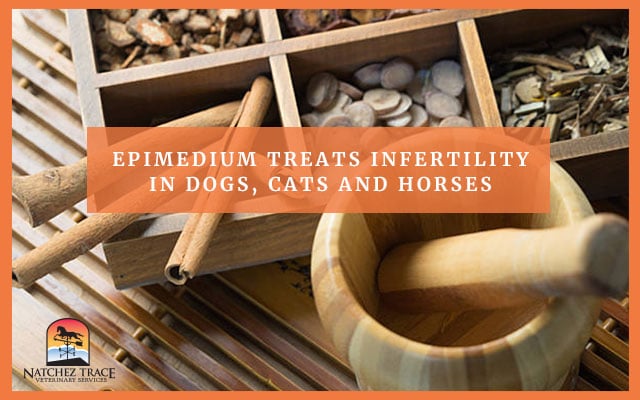
Exploring the Best Options for Spaying a Female Dog
Spaying and neutering are more than just procedures to prevent unwanted litters; they play a crucial role in your dog’s long-term health, behavior, and overall
Are you noticing signs such as irregular heat cycles, infertility, reproductive organ abnormalities, or other concerning symptoms in your pet and seeking comprehensive strategies to address their reproductive health issues and ensure their well-being? Welcome to an insightful exploration of reproductive disorders in pets—a guide designed to navigate the complexities of reproductive issues and offer compassionate care, supporting your beloved companion’s reproductive health!
Reproductive disorders in pets encompass a range of conditions affecting their reproductive system, potentially leading to challenges with breeding, pregnancy complications, hormonal imbalances, or structural abnormalities. These issues can affect both male and female pets and may include conditions like infertility, pyometra, testicular abnormalities, or birthing issues.
It’s essential to acknowledge that addressing pet reproductive disorders requires a comprehensive approach, including veterinary assessments, diagnostic tests, and appropriate treatments. This may involve hormonal therapies, surgical interventions, fertility evaluations, or specialized care to manage and resolve the underlying reproductive concerns affecting your pet.
Imagine a perspective that prioritizes understanding and managing reproductive health issues in your pet. By exploring and addressing reproductive disorders, you actively support your pet’s overall well-being and potentially preserve their reproductive health, if desired.
The articles below aim to provide a comprehensive understanding of reproductive disorders in pets, offering empathetic insights, practical guidance, and empowering information to aid in managing and addressing your furry friend’s reproductive health concerns. Embrace these resources as tools to navigate and support your pet through their journey with reproductive issues, fostering a compassionate and supportive environment focused on their reproductive health and overall well-being.

Spaying and neutering are more than just procedures to prevent unwanted litters; they play a crucial role in your dog’s long-term health, behavior, and overall

Epimedium is a TCM herbal blend that can be very helpful with problems of infertility in dogs, cats, and horses. How Epimedium Formula Helps Solve
One topic we’re often asked about is the leptospirosis core vaccine. As of 2024, the American Animal Hospital Association (AAHA) now classifies it as a
According to Traditional Chinese Medicine (TCM), Qi flows through every living thing. It is a life force that may be disrupted from time to time
Dog external nares resection is a surgery removing a triangle-shaped slice of tissue and cartilage from the nostrils. For your darling pooch, this means removing
Ever had a critical episode in your life when a loved one was running out of options? Your mind wandered through the list of every
Mon 8:00 am -5:00 pm
Tue 8:00 am -5:00 pm
Wed 8:00 am -5:00 pm
Thu 8:00 am -5:00 pm
Fri 8:00 am -5:00 pm
Closed daily 12:00 pm – 1:00 pm for lunch.

Copyright © 2024 Natchez Trace Veterinary Services, PLC | All rights reserved | Website Maintenance by Think.Web.Go